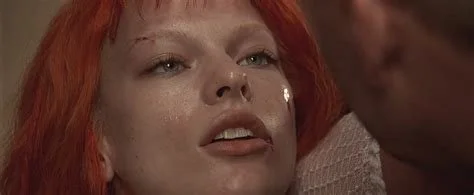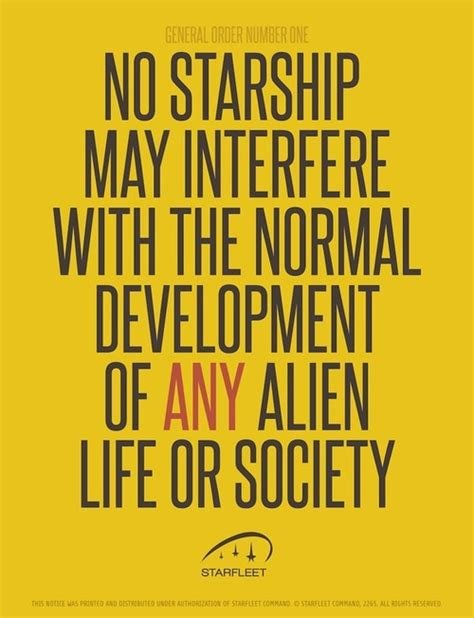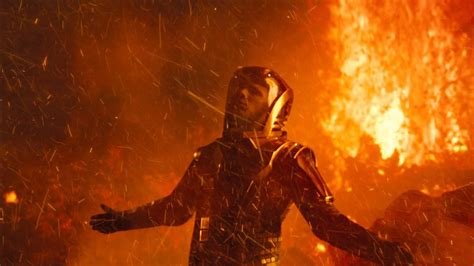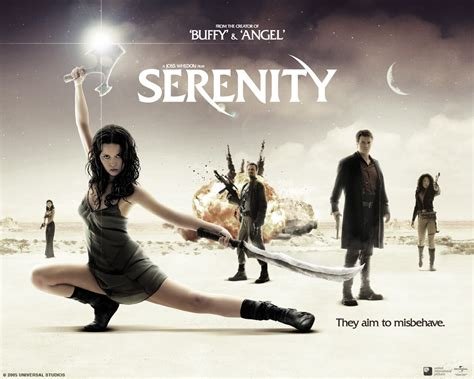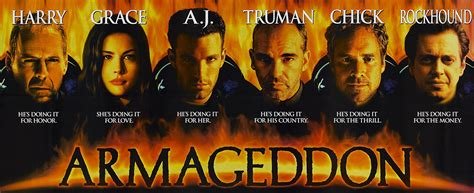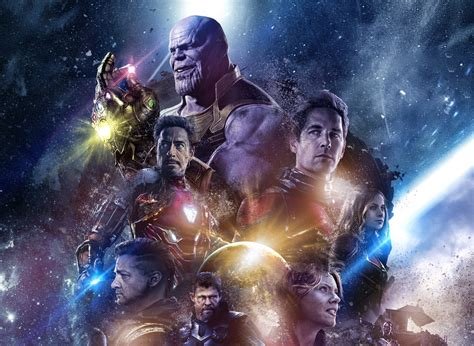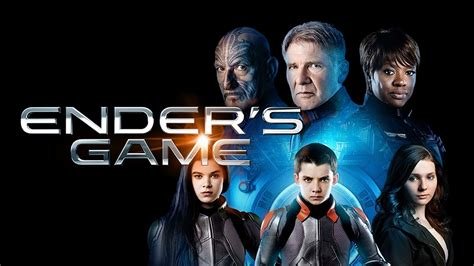Sci-Fi films always have some new Alien coming to pillage the Earth’s resources or to colonize the planet — or to eat us for food!
Sci-Fi movies are often big-action “shoot-em-up” blockbusters, though many have a deep moral and ethical question — often relevant to our day-to-day life on Earth.
Below are a few of my favourites, some of which might make good Christmas fare!
The original Star Trek series and the stunning “2001 A Space Odyssey” were both released in 1968.
The Prime Directive:
Every Trekkie knows the Prime Directive which was mentioned repeatedly, especially in reference to ‘pre-Warp’ cultures.
“Star Trek: into Darkness”, 2013 explored this theme further when Kirk saved his friend Spock from an exploding volcano while exposing the Enterprise to a primitive culture. He then had to suffer Spock’s lack of gratitude and a demotion for breaking the Directive.
Is saving a friend more important than our sworn commitment and duty?
Violent Beginnings:
The iconic opening scene and music of 2001 shows the apes learning to use weapons: referencing the history of our own violence. The film was set in the future with Dr. Dave Bowman dealing with a murderous AI computer — HAL 9000. The ended hints at the meaning of Life: but leaves the viewer without exact answers.
Rachel (Blade Runner)
Sentient beings:
The difficulty of interacting with sentient bio-engineered humanoids was explored further in Blade Runner, 1982. ‘Replicants’ were used as slaves but the film questioned the point at which they gain rights.
The Replicants were manufactured with a 4-year life-expectancy which gave them an essential human characteristic: mortality.
Rachael, the ‘love interest’, was programmed to be unaware that she was a humanoid. After Deckard (Harrison Ford) fell in love with her, he had to deal with the very human question as to when she might ‘die.’
Rutger Hauer’s 42-word “Tears in the Rain” monologue (as Replicant Roy Batty) has become the most iconic speech on sentience.
Unknown to the director, Hauer modified his lines the night before shooting the scene. It was so moving that some of the production staff were in tears. (Here is a short review explaining why the monologue was so good: https://youtu.be/qbTt31YvqvM )
Redemption:
Serenity 2005 is a quirky movie.
It is set in the future but has a distinctly cowboy flavour, suiting the ‘back-woods’ part of the universe where they operated as petty criminals. The crew of Serenity find out that the “Alliance” poisoned the planet Miranda, killing most of the population but also producing the Reavers who fight, rape, torture, and cannibalize other humans.
Mal the Captain decides to broadcast this information to the ‘Verse.’ His statement of redemption from his life of petty crime is: “So, no more runnin’. I aim to misbehave…” Most everyone in the crew — and even the ‘Operative’ for the Alliance — also find redemption as they fight to disclose the Alliance’s sins on Miranda.
Self-sacrifice for others:
Armageddon is another complete flight of fantasy (suspend most logical analysis for the duration of the movie!) It is a story of oil-drillers going into space to blow up an asteroid on a collision course with Earth. Harry forcibly takes A.J.’s place and stays on the asteroid to detonate the bomb. In doing so he saves Earth and A.J.: his daughter’s Fiancé.
Abortion:
The second TV series is the 2004-2009 remake: Battlestar Galactica. Early in the show, the protagonists Roslin (politician) and Adama (Admiral of the fleet) argue about the survival of Humanity as a species, because there were about 50,000 humans left in-Toto.
Roslin tells Adama the harsh truth: “The human race is about to be wiped out. We have 50,000 people left, and that’s it. Now, if we are even going to survive as a species, then we need to get the hell out of here—and we need to start having babies.”
The twist comes in Series II, Episode 17, “The Captains Hand.” A pregnant teen stowed away to procure an abortion and Roslin sees it as a “woman’s right to choose” though she is conflicted about the survival of humanity.
Roslin lets that abortion take place but then bans abortion throughout the fleet in order to preserve the species.
This has modern day corollaries. Many nations have birth rates are WAY below replacement. Some cultures — including the Irish — are facing erasure.
Genocide:
Millenials might choose the Avengers Endgame as a film addressing the question of genocide. I found the CGI Thanos really awful; the fight sequences were excessive; it had a thin plot and did not properly explore the morality of genocide.
A better film is Ender’s Game — savant underage youths being trained to fight and kill an alien enemy. Then, during ‘training’ they were deceived into destroying the entire sentient species. Strong stuff.
"What is the use of saving life, when you see what you do with it?"
Then we come to the lighthearted Fifth Element with Milla Jovovich as Leeloo and Bruce Willis as Dallas (1997.)
Leeloo’s mission is “To protect life, till death” as the ‘fifth element’ of a defensive weapon against “the ultimate evil.” The motley group of hero’s discovered that the other four elements respond to water, earth, wind and fire, but they did not know how to make the five work together.
Leeloo seems to be dying from the tragedy of war, death, and destruction and asks Dallas the question we should ask ourselves: "What is the use of saving life, when you see what you do with it?"
Leeloo goes on to tell Dallas “I don’t know love” and that she “was built to protect, not to love.” Dallas professes his love for her — activating all five elements and the defense of Earth!
It sounds corny but looper.com explains it very well: “Proving that love is the only thing that can stand against war and destruction. It's a more spiritual meaning than one might expect from an arguably silly action-adventure set in space, but one that resonates all the more loudly because of its tonal difference from the rest of the film.”
Love is the best defense!
Please have a Happy and Holy Christmas.
Kevin Hay
(You can follow Kevin on 𝕏 — formerly Twitter / ‘TwiX’ — @ kevinhay77)

